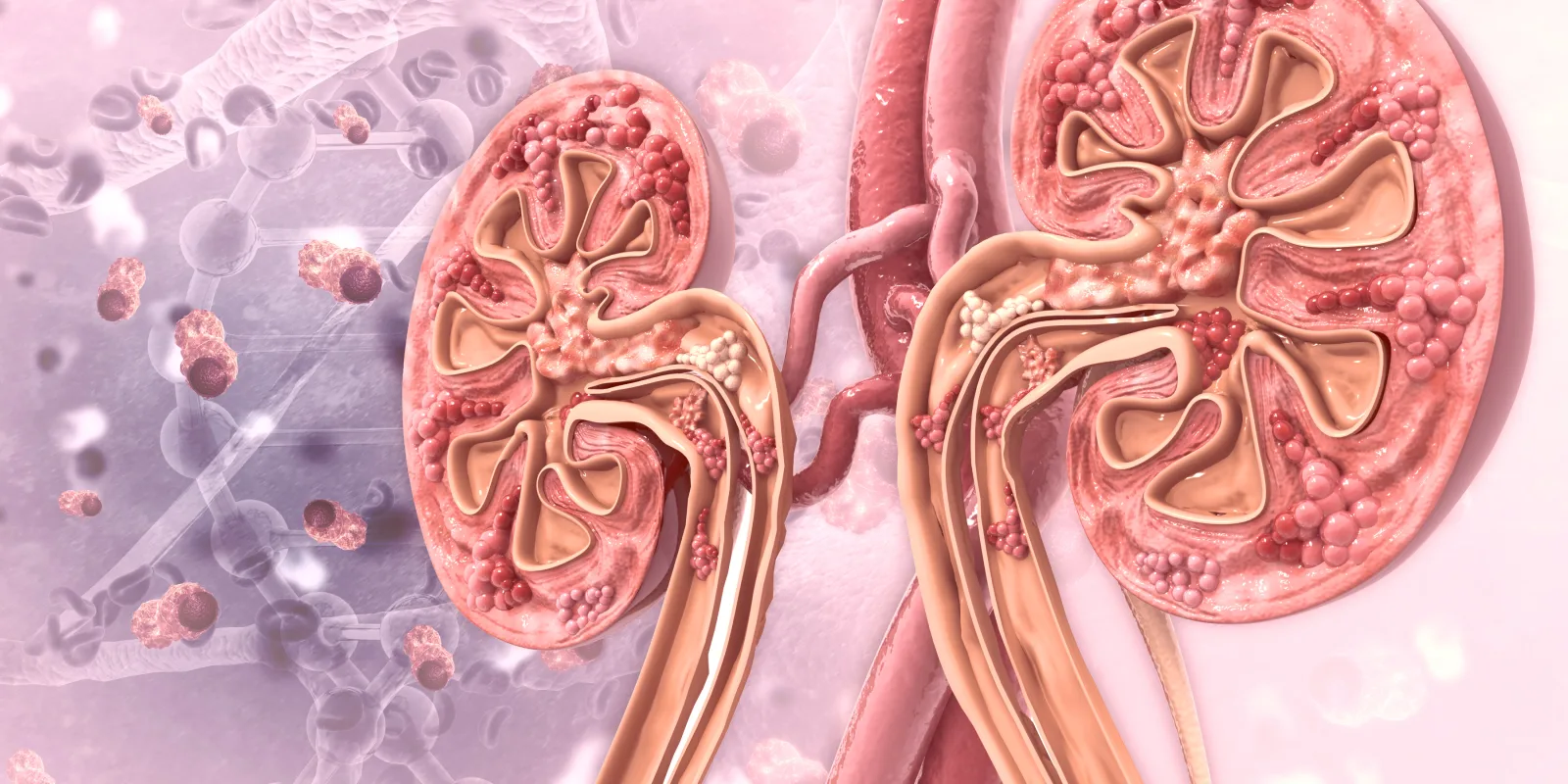
It is not easy being undocumented in America. Formidable legal obstacles stand in the way of securing and maintaining employment, and the risk of poverty is high. Under the constant specter of deportation, just leaving the house can be a profoundly stressful experience. And obtaining basic medical care can be challenging, as undocumented immigrants are generally banned from receiving federal health care benefits.
The situation is even more daunting for the 6,500 undocumented adults in the United States with end-stage renal disease (ESRD). Many lack health insurance, which significantly complicates their care. Instead of receiving scheduled outpatient dialysis, the standard of care for patients with ESRD who do not receive a kidney transplant, in 40 American states, these patients are offered emergency-only dialysis instead. Under this paradigm, patients present to emergency departments when they are sick and receive dialysis only when they meet certain predetermined criteria.
Patients experience unnecessary suffering under this approach. In a 2017 study, Cervantes et al. interviewed 20 undocumented patients with ESRD who received emergency-only dialysis at a hospital in Denver. The authors found that the patients “presented in the ED with a weekly feeling of drowning,” engaged in risky behaviors like consuming excessive potassium to ensure that they qualified for emergency dialysis, and constantly lived with the worry that death was near. Given the need for frequent hospital admissions, these patients found it difficult to work regularly and arrange care for their children. The patients’ families struggled watching their loved ones wrestle with the consequences of their disease on a weekly basis.
This approach adversely impacts physicians, too. In a subsequent 2018 study, Cervantes et al. interviewed 50 clinicians in Denver and Houston, who provided emergency-only dialysis to undocumented patients. The authors found that these providers experienced moral distress from having to witness unnecessary suffering and provide substandard medical care. Forced to make medical decisions based on non-medical factors, many also reported significant burnout.
Now, new evidence, in the form of a recent study by Nguyen et al. in JAMA Internal Medicine, suggests that this approach is also tremendously harmful to the American health care system as a whole. The authors examined a population of 181 undocumented adults with ESRD at Parkland Hospital in Dallas. During a two-week period in Feb. 2015, all of these patients applied for health insurance through a private plan. Acceptance into the program was dependent upon a patient’s ability to secure a seat at an outpatient dialysis center. There were 105 patients that went on to receive coverage through the program, and thus were enrolled in scheduled outpatient dialysis. The other 76 patients, who did not receive coverage, continued to receive emergency-only dialysis.
Unsurprisingly, over the next year, the patients who were enrolled in scheduled outpatient dialysis did considerably better than those who continued to receive emergency-only dialysis. In fact, the 1-year mortality rate was 17 percent in the emergency-only dialysis group and 3 percent in the scheduled outpatient dialysis group, and the number needed to treat was just seven. In other words, only seven patients in the emergency-dialysis group would have had to have been transitioned to the scheduled outpatient dialysis group in order to prevent one patient death.
Interestingly, patients in the scheduled outpatient dialysis group had substantially lower health care utilization and costs. They had 5.2 fewer emergency department visits per month than patients in the emergency-only hemodialysis group. Additionally, they had 1.6 fewer hospitalizations and 9.9 fewer hospital days over a six-month period. As a result, monthly per person health care costs were $5,768 lower per month for patients in the scheduled outpatient dialysis group.
Emergency-only hemodialysis is detrimental to the physical and mental health of undocumented patients, drives burnout and despair among the physicians who treat them, and leads to increased health care utilization and higher costs. No one benefits under this anachronistic regime. And yet, for reasons largely based on politics, emergency-only hemodialysis is still the standard treatment option offered to undocumented patients with ESRD in 80 percent of American states.
It’s time for this to end. Allowing politics, rather than evidence, to drive medical decisions is a dangerous game to play. The medical community has a right to object when we see our health care decisions improperly compromised by non-medical factors.
With so many stakeholders standing to benefit, the way forward is clear: all undocumented patients with ESRD should be offered scheduled outpatient dialysis.
Dr. Kunal Sindhu is a resident physician in New York City and a 2018-2019 Doximity Author. You can follow him on Twitter @sindhu_kunal.
Image: crystal light / shutterstock







